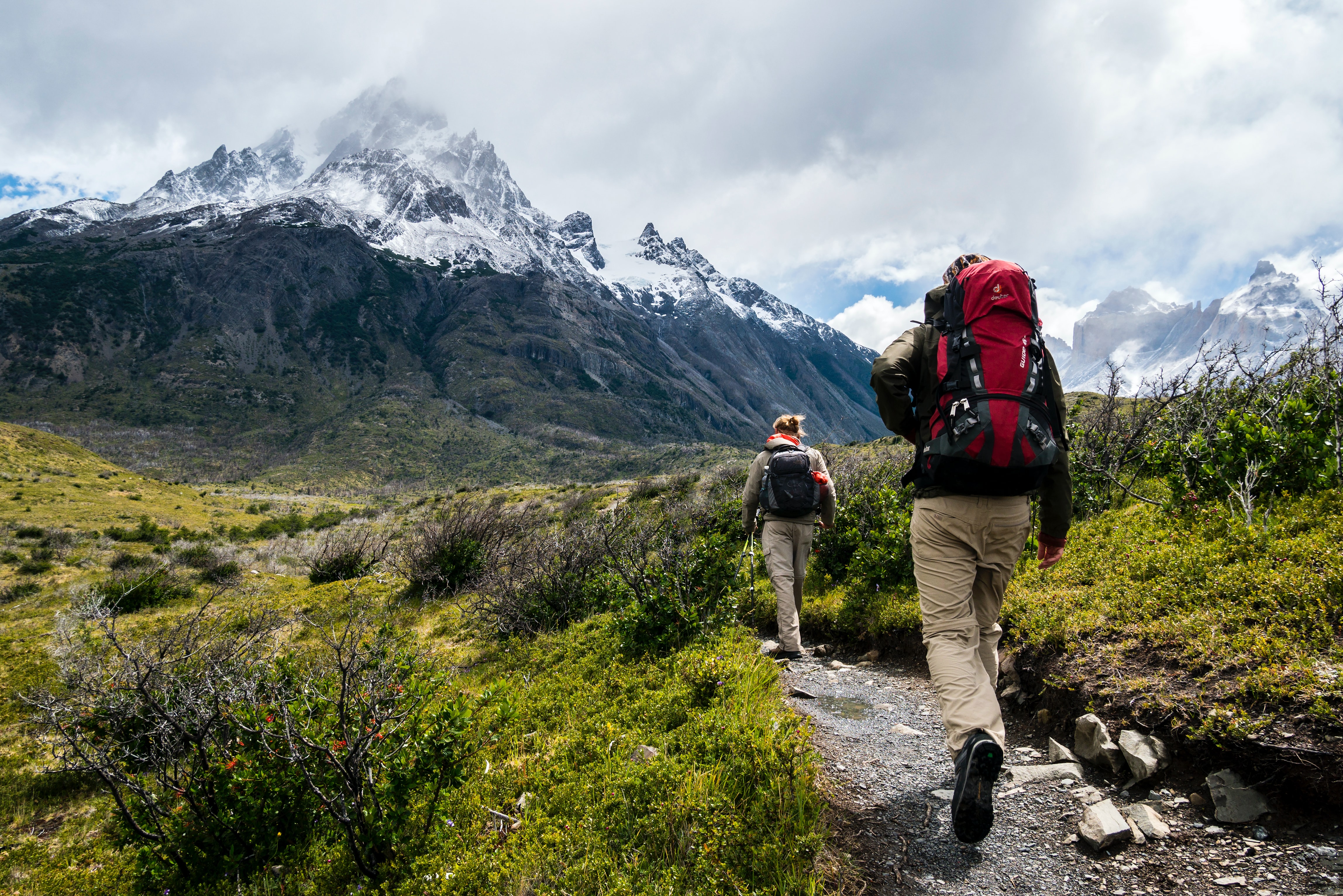A Business Model Centering Environmentally, Economically, and Socially Responsible Adventure Tourism

Conventional tourism is responsible for billions of dollars worth in damages to the world’s most unique and fragile ecosystems. Poor management of tourism contributes to deforestation, habitat loss and fragmentation, marine and coastal degradation, and an overall loss of biodiversity at emerging and popular destinations. It also perpetuates economic inequalities that benefit foreign owners of tourism operations rather than local residents. On the other hand, consumers actively search for sustainable alternatives, yet find it challenging and time consuming to find options that are truly eco-friendly. Travelleco seeks to help residents remain the stewards of their land, help travelers connect with verified sustainable tourism options, and close the information gaps that perpetuate inequalities that drive environmental damage in the travel industry. The team will achieve these goals by developing an online platform to connect conscientious adventure travelers with eco-friendly, locally-owned and/or operated tourism providers. To measure the impacts of the platform, Travelleco intends to track the amount of customer spending that stays in local communities and analyze travelers’ environmental footprint by collecting impact related data from our operators. The platform will use a sustainability scoring system to accurately assess businesses’ strengths, as well as where they may improve, to give ultimate transparency to travelers. These criteria will also serve as a benchmark for minimum environmental qualifications for operators who wish to join the platform. Ultimately, the goal of Travelleco is to motivate a shift toward less destructive and more equitable practices in the tourism industry.
Acknowledgements
We would like to thank all of the individuals who generously offered their time and expertise to help us with this research. We would never have gotten this project off the ground without their exceptional guidance and willingness to help us learn.
Bren School: Emily Cotter, Environmental Innovation Program Manager and Lecturer; Mark Buntaine, Associate Professor; Robert Heilmayr, Assistant Professor; Annie Lovell, Grants Manager, Environmental Markets Lab, Sachiko Lamen, MESM 2023
Dr. Julie Maldonado, Associate Director, Livelihoods Knowledge Exchange Network
Necoh Mitchell, Sustainable Travel Advisor, LaVon Private Luxury
Kelsey Rosenbaum, Director of the Global Exchange and Fellowship Program, Conservation International
Rick Thomas, Environmental Education Entrepreneur, BranchOut Parks
Jill Wirt, Project Manager, Maui Nui Marine Resource Council
Noushin Ketabi, Founder, Vega Coffee
Gordon Seabury, CEO, Toad&Co and Board Member for the Adventure Travel Conservation Fund
Ariel Garcia, Founder, Galapagos Go Active
Ekolu Lindsey, President, Maui Cultural Lands
Ronald Silva, Naturalist Guide, Bamboo Lodge in Ecuador's Cuyabeno Wildlife Preserve
Marcela Fonseca, Naturalist Guide, Parque Nacional Galapagos
Bryan Aguilar Lopez, Director, Economic Sustainability and Local Development for Nunamaisha
Isidro Vasquez
David Adornetto, Director of Entrepreneurial Programs, UC Santa Barbara
David Telleen-Lawton, Principal, DecisivePath Consulting
We are humbled and eternally grateful for all you've done for us in the last year. Don't forget to come take a trip with us!